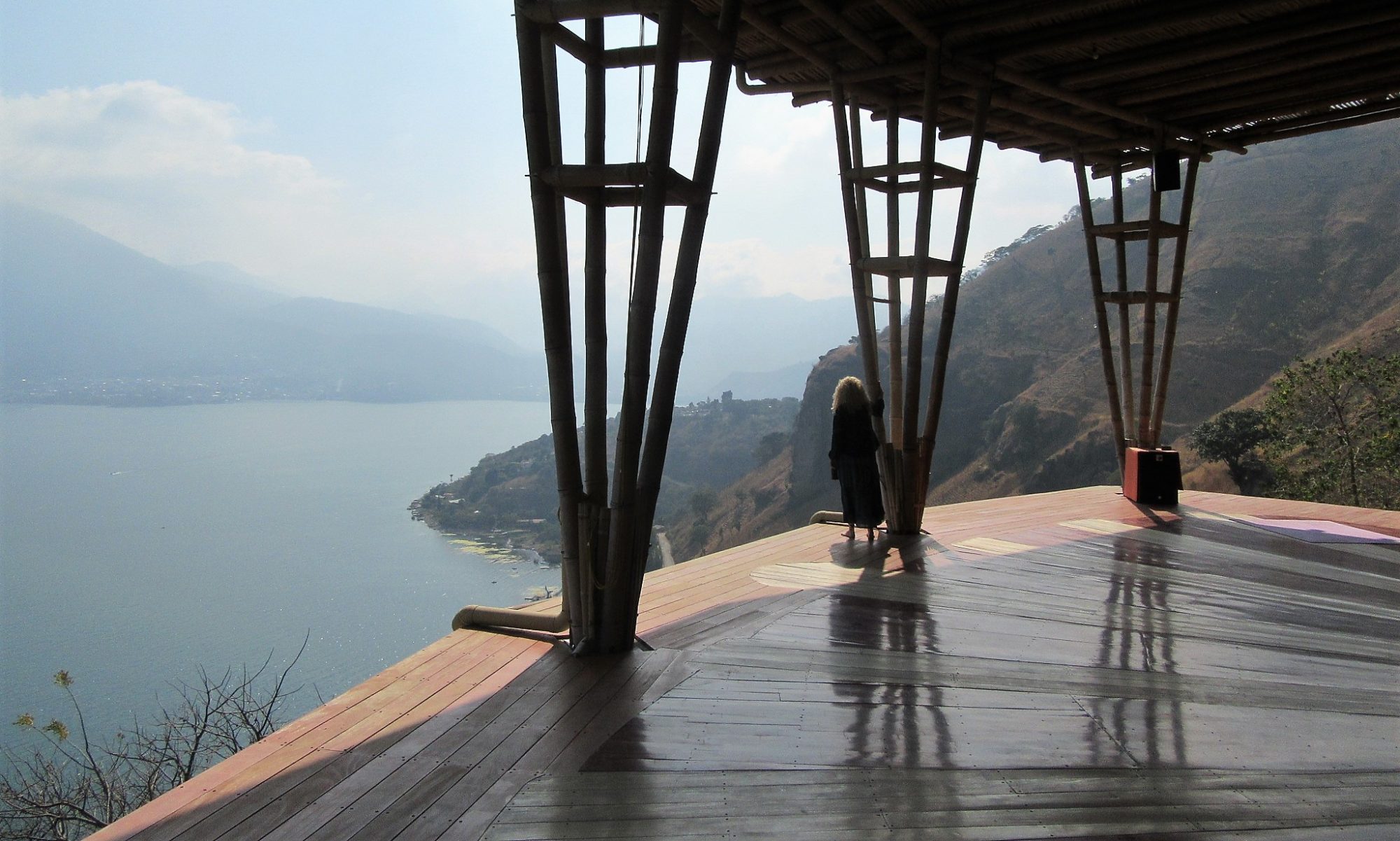by Mankh
Shootings are not just an American epidemic.
Headline: “Sweden Sees Deadliest Year With 60 Deaths in Shootings.” And quote from Magnus Gerell, an associate professor and criminologist at Malmo University: “Today it is more common that there is more than one shooter and that more shots are fired. It seems as if the killings have become more meticulously planned, which leads to more deaths. A trend we have seen for quite a while is that the victims and the shooters are becoming younger. Today it is often teenagers shooting other teenagers.”[1]
Guns, a product of colonialism (still going strong on steroids as US recently shipped billion$ to Ukraine, some destined for black market), have become a go-to choice for Euro-Americans for anger mis-management. Instead of reaching for a beverage or a deep breath, attempts at resolving extreme frustration and desperation are too-often done through the gun. A gun enables an immediate shock-value change, a faster than fast-food temper-tantrum gone violent AND randomly affecting others.
What this says to me is: Total loss of being in-tune with the natural ability of change, as, for example, a plant grows . . . through concrete, or as the Tao encourages, blending WITH the natural world and going with THAT flow. Yet more than 2,500 years ago the Tao was well-aware of what could go awry: Sages “insure that what is taught does not cause violence.”[2]
From that I deduce: There is a shortage of Sages in the world! Being wise and peaceful somehow, somewhere became secondary to the fight to survive and, if lucky, be successful.
While the ancient Chinese understanding of “sage” may signify something different, the English root is from “sapere” from “sap – juice or fluid which circulates in plants, the blood of plant life.” The Sanskrit root includes “milk, nectar.”[3]
Wow! Who knew? Sagacity is not some abstract holy man sitting cross-legged while levitating at the top of a mountain; sagacity is rooted in the soil and “circulates” like blood. Sages nurture.
Instead of tapping the inner sap, when people feel trapped with no way to vent their emotions, too-often they reach for the gun. Or maybe that’s psycho-babble and it’s just the side-effects of off-kilter prescription drugs. Whatever the case, violence is the immediate restructuring, injury, or elimination of someone or something. Violence is anti-life, anti-take-a-deep-breath and think about it first!, anti-feel-the-pain because big boys don’t cry so they repress emotions, becoming high school year-bookers voted most likely to make the news for shooting spree.
And by the way, what AREN’T they teaching in school that gets teenagers shooting teenagers?
Shooting ourselves in the feet?
Also, from recent mainstream verbiage, I sense other twisted efforts to eliminate.
“Net zero refers to a state in which the greenhouse gases going into the atmosphere are balanced by removal out of the atmosphere. To ‘go net zero’ is to reduce greenhouse gas emissions and/or to ensure that any ongoing emissions are balanced by removals.”[4]
Reducing is good yet how it’s possible to neatly balance the air/atmosphere while billions of people drive cars and stuff gets shipped worldwide is beyond me; not to mention that “net zero” is an aerial fixation, a high-wire act distraction ignoring the destruction of habitats and human along with non-human suffering happening now. Yet “net zero” is being used as the greenwashing rallying cry for the “clean air” industrial revolution 2.0. Oxymoron anyone?
“Zero-COVID: The goal of the strategy is to get the area back to zero new infections and resume normal economic and social activities.”[5]
Aside from the unwieldy and, to some, laughable “normal economic and social activities,” considering it’s a virus – while an admirable goal healthwise – this “zero” is a fool’s errand, as viruses are a natural part of Earthly life.
“Zero-COVID” is being used as a rallying cry for mass vaccinations without consideration of side-effects, not to mention the right to choose aka bodily autonomy.
In these contexts, “zero-whatever” contains a flavor of totalitarian control. If we can just get rid of whatever it is, THEN everything will be hunky-dory. But who has zero problems in life?
“Zero” goals promote the carrot of future salvation while overlooking the stick of current suffering.
How to wean from instant-gratification and it’s flip-side karma, instant-dissatisfaction-violent-rage?
Sorry, slogan lovers, another world is not possible. We’re stuck with dealing with this one. But there is another way: Respond rather than over-react.
There is another way: More than 1,000 years ago the Haudenosaunee (Iroquois Confederacy of Nations) Peacemaker planted the Great Tree of Peace, representing the Great Law of Peace.
According to Oren Lyons, Faithkeeper, Turtle Clan, Onondaga Nation: “The Haudenosaunee Confederacy was formed by our Peacemaker over 1000 years ago, according to our Gayanashagowa, or Great Law of Peace; and it is the oldest continuous democratic government in North America. Our system of confederated government was acknowledged as the model for your government by the United States Congress in 1987.”[6]
There are many traditions worldwide espousing and living a Peaceful Way. It can require much discipline to change one’s behavior patterns from argumentative, combative and belligerent . . . to . . . listening, seeking common ground and open-hearted. Yet for simple starters: Remember that each of us knows somewhere inside, in the bones and blood, what peace feels like. And for far longer than human beings, trees and plants have known about peace and will continue to remind us . . . if we would stop cutting them down and stop paving over them, and instead, start listening . . .
NOTES:
[1] https://www.telesurenglish.net/news/Sweden-Sees-Deadliest-Year-With-60-Deaths-in-Shootings-20221212-0002.html
[2] Stanza #3 https://spirit-alembic.com/thou.html#text
[3] https://www.etymonline.com/search?q=sage
[4] “What Is Net Zero?”
https://netzeroclimate.org/what-is-net-zero/
[5] https://en.wikipedia.org/wiki/Zero-COVID
[6] “The Great Tree of Peace”
https://indigenousvalues.org/haudenosaunee-values/great-tree-peace-skaehetsi%CB%80kona/
&
“The Haudenosaunee Confederacy: Sovereignty, Citizenship And Passports”
https://www.onondaganation.org/news/2010/the-haudenosaunee-confederacy-sovereignty-citizenship-and-passports/
~ Mankh (Walter E. Harris III)
www.allbook-books.com





